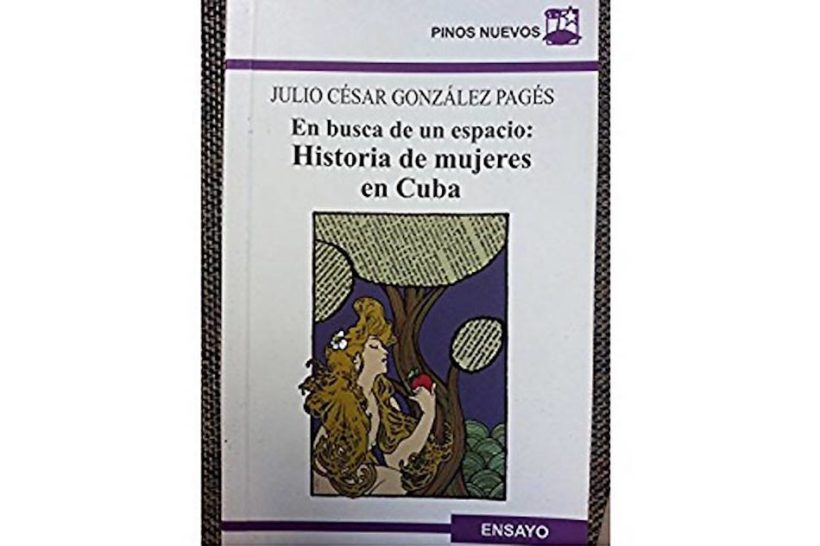The US imprint The New Press today added the book In Search of a Space: A History of Women in Cuba, by Cuban writer Julio César González-Pagés, to its extensive catalogue.
Recognised among the 20 most prestigious publishers in the North American nation, the New York City-based company will publish a new edition of the volume, in English, which will open the doors for the Caribbean country’s feminist narrative to a wider readership.
Undoubtedly, ‘it is an opportunity to make visible the history of Cuban women, which is quite unknown, not only in the largest of the Antilles, but also in the rest of the world’, González-Pagés confessed in an exclusive interview with Prensa Latina.
She also pointed out the importance of the project as a way of extolling the text, published for the first time in 2003 by the Cuban publishing house Ciencias Sociales and re-released on two subsequent occasions after that date.
In this sense, he explained that the volume is in the libraries of more than 50 universities that are at the forefront of gender and women’s studies, such as Harvard, Yale, Columbia in the United States, as well as the Complutense University of Madrid, Spain; the Colegio de México, and the Sorbonne in Paris, France, among others.
The historian also explained that the text integrates a selection of documents related to women’s suffrage, with which the American institution evokes the impact of the first women’s rights convention in Seneca Falls, seven decades after the declaration that propelled the suffrage movement.
In Search of a Space inspired the making of a documentary of the same name by filmmaker Marilyn Solaya and laid the foundations for the cultural project TODAS, which includes a series of actions to raise awareness of the role of women in Cuban society and a fictional film set in the first half of the 20th century.
According to Solaya, the approach to the research and its author, who advised the project, allowed her to learn about the contributions made by great women to the construction of citizenship, with the approval of transcendental laws such as the rules for administering their property, parental authority or divorce, among others considered feats in their time.












